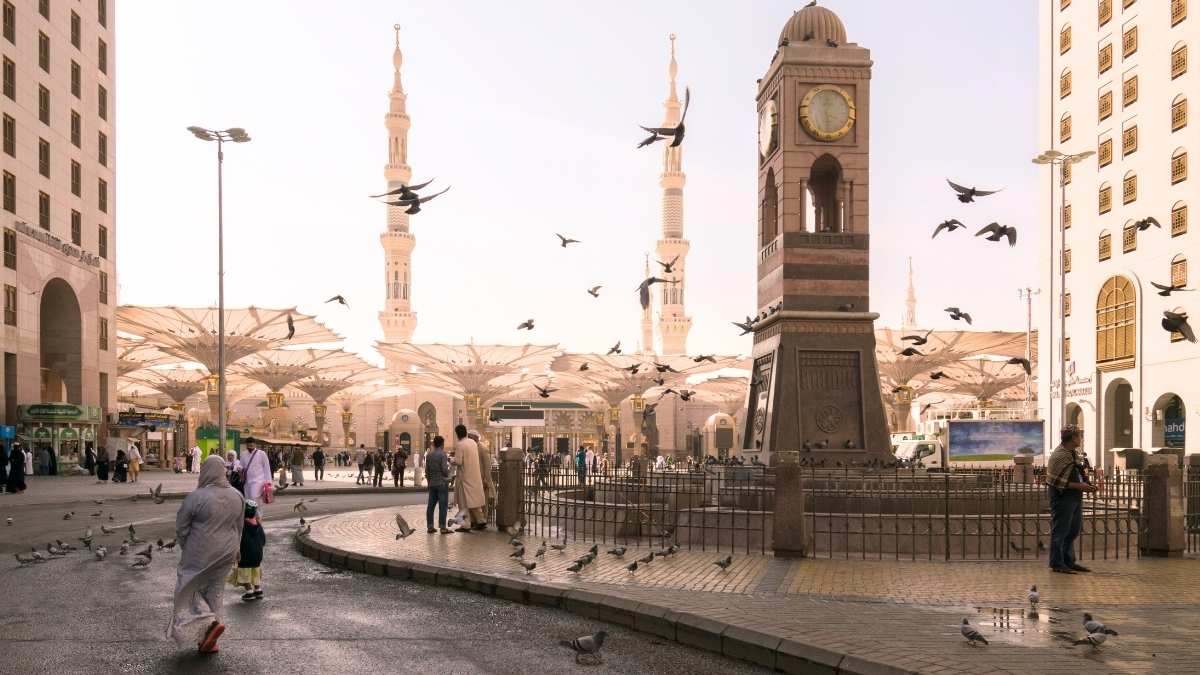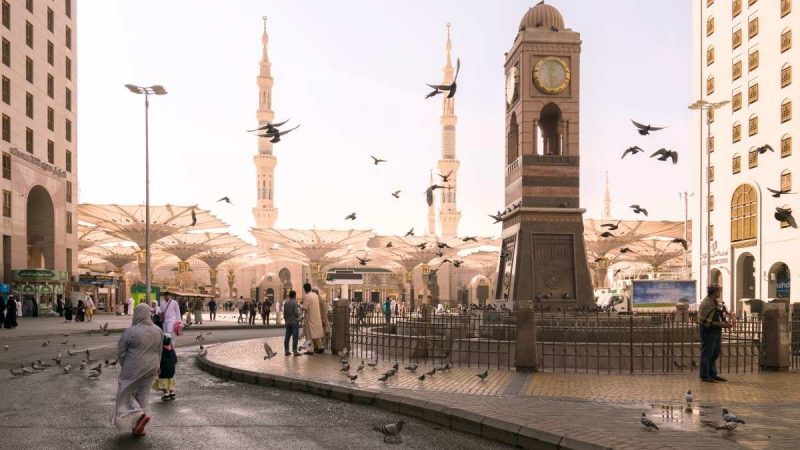Saudi Arabia has officially released the full details of a new property ownership law for non-Saudis. The regulation, published in the Umm Al-Qura official gazette on Friday, follows recent approval by the Cabinet and marks a major update to real estate policy in the Kingdom.
Foreigners Can Now Own Property In Saudi Arabia, But With Key Exceptions

Saudi Arabia has approved a new law that gives foreigners the right to own property in the country. The law, announced recently, will take effect 180 days after its official publication.
Once in place, the law will allow non-Saudis, including individuals, international companies, and non-profit organisations, to buy property or obtain rights like leasing and usage agreements. However, this access isn’t across the board. What can be owned, and where, depends on zoning rules that will be defined by the Cabinet. Property type and how it’s intended to be used will also shape what’s allowed. For instance, residential, commercial, or investment use may each come with different restrictions.
Makkah And Madinah Stay Off Limits For Most
Even with the expanded access, Makkah and Madinah remain largely out of bounds for foreign ownership. The new rules continue to uphold long-standing restrictions in these two cities, allowing very limited exceptions. The law continues to limit property rights in these two cities, with exceptions made only under specific conditions for Muslim individuals.
Foreign ownership in these areas remains prohibited, except for individual Muslim owners who meet specific conditions. Non-Saudis who held legal property rights before the law takes effect will retain those rights without disruption.
The Real Estate General Authority, in coordination with the Council of Economic and Development Affairs, will identify the zones where foreign ownership is permitted. It will also define limits on ownership percentages and the duration of usufruct rights.
Foreign nationals who legally reside in Saudi Arabia can own one residential property for personal housing, as long as it is outside the restricted areas. This clause specifically excludes Makkah and Madinah.
New Rules Cover Individuals, Companies, And Diplomatic Missions
The regulation also outlines conditions for corporate ownership. Non-listed firms with foreign shareholders, licensed investment funds, and authorised special-purpose entities will be allowed to acquire property across Saudi Arabia, including in the two holy cities. However, the property must serve operational functions or be used to house employees.
Publicly listed companies and other investment vehicles may also acquire property, provided their acquisitions align with financial market regulations in Saudi Arabia. Diplomatic missions and international organisations will be allowed to own real estate for official activities and residential purposes. This is subject to approval from the Ministry of Foreign Affairs and must follow a reciprocity principle.
Foreign entities must register with the relevant authority before purchasing any property. Ownership rights will only be recognised once they are entered into the national real estate registry. The law also introduces a real estate transfer fee for foreigners. This fee may go up to five per cent of the transaction value.
Also Read: Saudi Arabia Announces New ID Renewal & Visa Extension Rules For Residents & Expats Abroad!
Strict Compliance Measures And Penalties For Saudi Property Rules
Violations of the law can attract fines up to SAR 10 million. In more serious cases, such as providing false information, authorities may order the sale of the property. The sale proceeds, after deductions, will be transferred to the state.
A specialised committee within the Real Estate General Authority will handle investigations and issue penalties. Individuals or entities penalised under the law can appeal the decisions in administrative courts within 60 days.
Now with this new rule in place, residents of GCC countries can also own property in Makkah and Madinah. This move brings all non-Saudi entities under a unified legal framework.
Cover Image Courtesy: CanvaPro/yousef tarek from Scopio
For more such snackable content, interesting discoveries and the latest updates on food, travel and experiences in your city, download the Curly Tales App. Download HERE.First Published: July 27, 2025 12:12 PM





